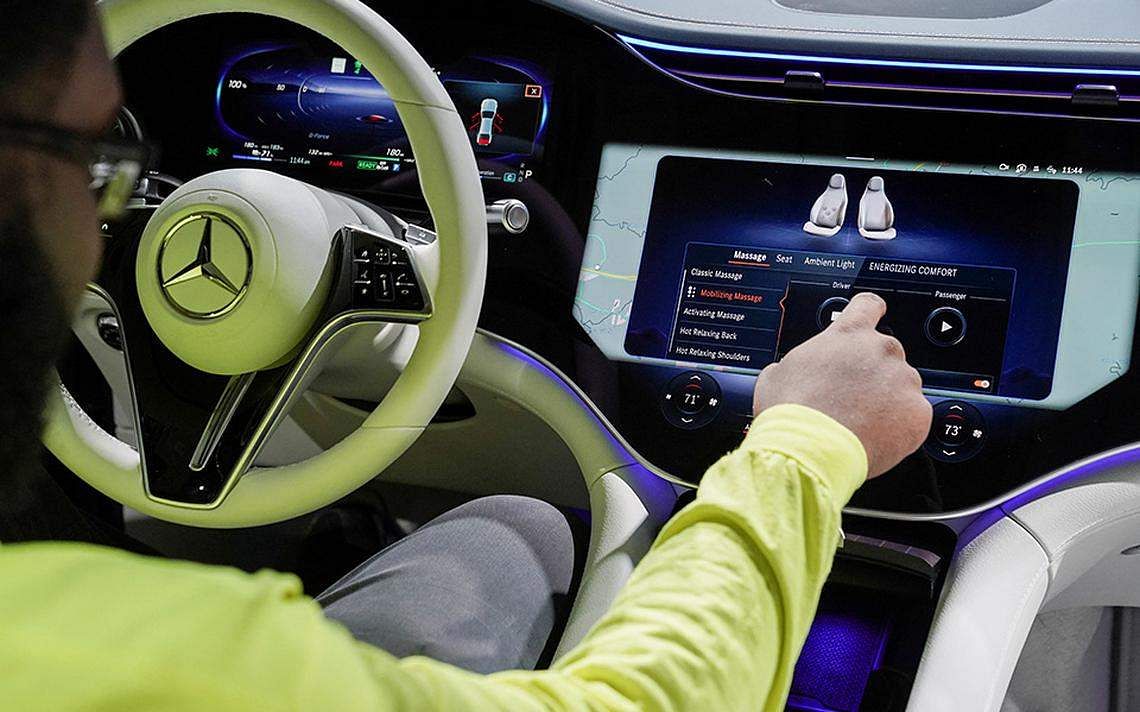Mercedes Benz unveils its EQS sports utility vehicle (SUV) that has a range of 660 km (410-mile) range car. It will be available in the US by Autumn for sale. This is the automaker’s second electric SUV after EQC which is yet to begin production in the Tuscaloosa plant in Alabama.

The United States and Canada are expected to be the main markets for the new vehicle, according to sales chief Britta Seeger, though it will also be launched in Europe before the end of the year. Mercedes-Benz has not disclosed how much the new SUV will be sold for, though its existing EQS electric sedan starts at around $103,000 in the United States. Three-quarters of new car sales in the U.S. market last year were trucks and SUVs, posing a challenge for carmakers seeking to reduce their carbon footprint while needing to satisfy customer demand for large vehicles.
In a bid to localize its production chain, Mercedes-Benz opened its first U.S. electric vehicle battery factory in Tuscaloosa in March. The company sold 21,900 fully-electric vehicles worldwide in the first quarter of 2022, three times more than in the same period last year, even as overall deliveries across all vehicles fell 15%. Just 2.3% of Mercedes-Benz’s car sales last year were battery-electric vehicles, rising to 11% including plug-in hybrids, which have both an engine and a battery.
Production
Ola Kaellenius, speaking during the company’s opening of its first U.S. electric vehicle (EV) battery factory, also affirmed the company’s 2022 financial outlook remained in place despite the conflict. “We always protect the investment into future technology and future products,” Kaellenius told. “That is the seed which we will harvest. Not even in the COVID year of 2020 did we cut back on R&D for crucial projects.”
Mercedes is working with suppliers in Ukraine whose operations have been disrupted, he added, but it was “too early to tell what the wider ramifications will be.” Rocketing gasoline prices since Russia’s invasion of Ukraine have amplified the challenges for established automakers that still rely on fossil fuel-powered vehicles for profits. And soaring prices for materials used in EV batteries like nickel, heavily mined in Russia, have also hurt the industry. Kaellenius is trying to accelerate the shift by Mercedes from a combustion technology company to a firm whose products do not emit carbon and rely on software and computing power. Mercedes and other established automakers trail Tesla in EV sales and in developing computer and software systems to compete with the U.S. firm’s stream of new features and updates.
Credits- Reuters












